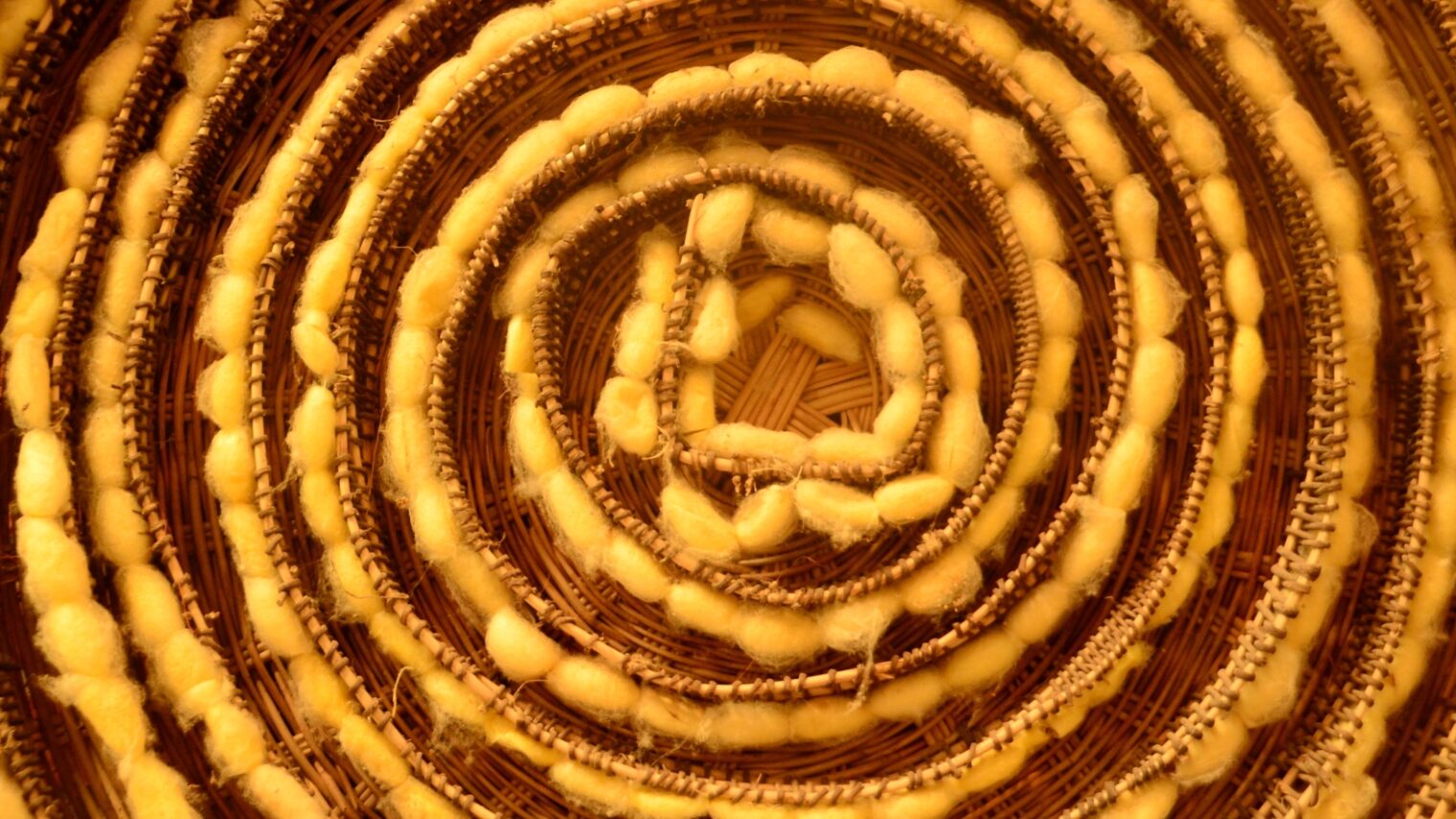Scientists from Israel and abroad have designed microscopic silk capsules that can serve as a protective environment for the transport of fragile protein “cargo” for cosmetic, food and pharmaceutical applications — particularly the delivery of drugs within the body.
The collaborative research, performed by an international team of academics from the Weizmann Institute of Science in Israel; the Universities of Cambridge, Oxford and Sheffield in the UK; and the ETH in Switzerland, was reported in Nature Communications on July 19.
Their capsules mimic, on a very small scale, the structure of silkworm cocoons. Silkworms and spiders spin their elastic fibers from natural proteins that have many potential benefits, but these proteins have a tendency to clump together once extracted.
Researchers have had to resort to using chemically processed silk fibers, which have different mechanical properties and are relatively inert compared to the natural ones.
University of Cambridge postdoctoral fellow Ulyana Shimanovich – now head of a new lab in Weizmann’s Materials and Interfaces Department – decided to find out what keeps the natural silk proteins from clumping together in the animal prior to the spinning.
The silk proteins are stored in liquid form in the silkworm’s glands before they are spun into the threads used to construct the cocoons. To imitate the natural process of structuring silk protein into protective capsules, the researchers used the principles of microfluidics, a field that deals with the control of fluid flow parameters on the micron-scale level.
They placed proteins extracted directly from the glands of silkworms inside microscopic channels on a chip made of a silicon-derived polymer and caused the protein molecules to self-assemble into a gel-like material, exactly as in a silkworm. The gel formed microscopic capsules. Within these capsules the rest of the protein stayed protected as a solution, as it does in the animal’s gland.
“Such micrococoons can store internally the otherwise highly unstable liquid native silk for several months and without apparent effect on its functionality,” the scientists reported.
“We further demonstrate that these native silk micrococoons enable the effective encapsulation, storage and release of other aggregation-prone proteins, such as functional antibodies.”
Passing the blood-brain barrier
By controlling the viscosity of the silk protein solution and the forces acting upon it, the researchers have been able to control the capsules’ shape – round or elongated – and size: from 300 nanometers to more than 20 micrometers.
Shimanovich explained: “Making synthetic capsules is normally a complex and energy-intensive process. In contrast, silk capsules are easier to produce and require less energy to manufacture. Moreover, silk is biodegradable.”
The tough silk capsules may be used to protect sensitive molecules, such as antibodies and other proteins, preventing them from losing desired qualities.
The capsules can be employed, for example, to deliver drugs or vaccines intact to target organs. In particular, said Shimanovich, they may help develop future therapies for neurodegenerative diseases because the capsules can penetrate the blood-brain barrier.
And because the capsules are biodegradable, they might be employed in the food industry to incorporate healthful oil particles into bread or other products.
Other potential applications for natural silk proteins stored inside the new capsules include skin treatments for burns or cosmetic use, and strong elastic fibers for tissue-engineering items such as improved biological implants.
Shimanovich’s research is supported by the Benoziyo Fund for the Advancement of Science; the Peter and Patricia Gruber Awards; and Georges Lustgarten.













